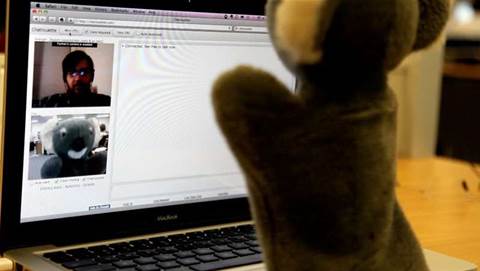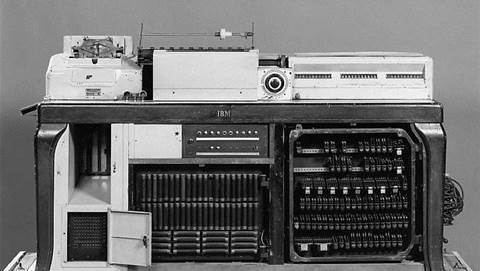
Computer scientists at Carnegie Mellon University have developed a smart learning program that can play a winning hand of Texas hold 'em.
Professor Tuomas Sandholm and graduate student Andrew Gilpin are behind the game theory program that will compete in the Computer Poker Competition on 16-20 July in Boston run by the American Association for Artificial Intelligence.
The poker robot, called GS1, is not yet able to beat the best human players. However, it has outperformed the two leading 'pokerbots' in playing heads-up, limit Texas hold 'em in tests at Carnegie Mellon earlier this year.
Both of GS1's opponents were commercially available programs that, like other pokerbots, incorporate the expertise of human poker players.
GS1, by contrast, develops its own strategy after performing an automated game theory-based analysis of poker rules.
Sandholm and Gilpin have since developed an improved version of their program, called GS2, which will compete in the competition.
Much as computer chess was an early test of artificial intelligence, computer poker has emerged as an even greater challenge.
"Poker is a very complex game," said Professor Sandholm. "Computer poker programs require really sophisticated technology."
Unlike chess, where the status of all of the chess pieces is known to both players, poker forces players to make decisions based on incomplete information. "You don't know what the other guy is holding," Professor Sandholm explained.
He added that the sheer number of possible combinations of cards dealt, cards on the table and bets in two-player Texas hold 'em makes it impossible for even the fastest computers fully to analyse every hand.
This element of uncertainty, and the vagaries of luck inherent in randomly dealt cards, make poker a better test of artificial intelligence than chess, according to Professor Sandholm.
"A lot of real-world situations have uncertainty in them and you have to deal with the uncertainty," he explained.
Professor Sandholm has developed pokerbots that pre-compute the strategies for playing the first two rounds of Texas hold 'em, 'pre-flop' and 'flop', when players are dealt two cards and three additional cards are positioned face-up.
For the third and fourth betting rounds, the 'turn' and the 'river', his pokerbots update the probability of each possible hand by taking into account betting and the revealed cards.
The strategy for those rounds is then computed in real-time for the setting at hand.

_(28).jpg&h=140&w=231&c=1&s=0)


_(23).jpg&h=140&w=231&c=1&s=0)





 iTnews Benchmark Awards 2026
iTnews Benchmark Awards 2026
 iTnews Executive Retreat - Security Leaders Edition
iTnews Executive Retreat - Security Leaders Edition
 iTnews Cloud Covered Breakfast Summit
iTnews Cloud Covered Breakfast Summit
 The 2026 iAwards
The 2026 iAwards











_(1).jpg&h=140&w=231&c=1&s=0)



